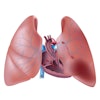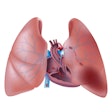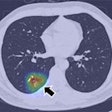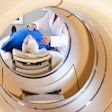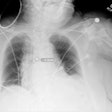Dear AuntMinnie Member,
It's only Tuesday, and already two important clinical studies have been released this week that are critical of medical imaging technology.
First up is a study released yesterday in JAMA Internal Medicine that claims that computer-aided detection (CAD) software adds no value to breast screening. When researchers analyzed CAD use from 2003 to 2009 in more than 300,000 women, they found that CAD didn't have any measurable effect on the accuracy of radiologists reading mammograms.
In commentary that accompanied the study, longtime CAD skeptic Dr. Joshua Fenton said he believes the results indicate that Medicare should stop paying for CAD reimbursement -- which is adding $400 million annually to the nation's healthcare tab without improving outcomes. Read more by clicking here.
CT for PE evaluation
The second study released this week casts a critical eye toward the use of CT for evaluating patients suspected of having a pulmonary embolism (PE).
CT has become the predominant imaging modality used to diagnose PE; because it is a life-threatening condition that needs to be diagnosed rapidly, many physicians may feel comforted by the assurance that CT gives (both from a clinical and medicolegal perspective).
But the rising use of CT hasn't led to a proportional improvement in patient outcomes. Instead, CT seems to be finding mostly less-severe cases of the condition that might not be a health risk to patients, according to an article in the Annals of Internal Medicine.
Learn more about the study by clicking here, or visit our CT Community at ct.auntminnie.com.
3D heart models
But it's not all doom and gloom for imaging this week. Visit our Advanced Visualization Community for an article on how researchers from Massachusetts are using MRI scans to create 3D models of pediatric hearts that can be used to guide surgeons. Find that story by clicking here, or visit the community at av.auntminnie.com.
